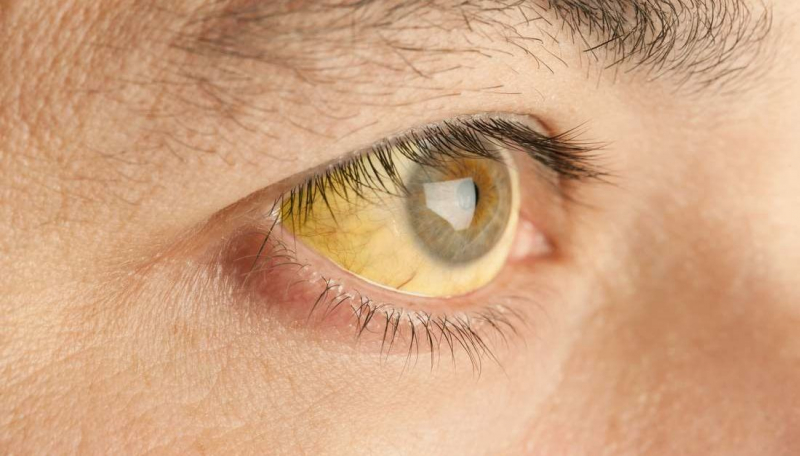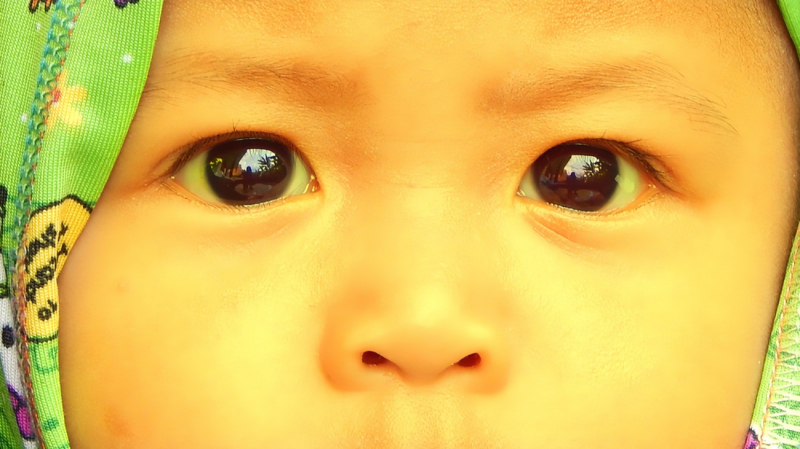Jaundice
Excess bilirubin in the body causes jaundice or yellowing of the skin or eyes. The body creates bilirubin, which is expelled by the liver during regular blood creation. When the liver is damaged by alcohol, it becomes unable to eliminate bilirubin, causing the colored material to accumulate in the body. Jaundice can also cause stomach discomfort, flu-like symptoms, and exhaustion. The occurrence of jaundice is not life-threatening in and of itself, but it frequently indicates an underlying problem with the liver.
The medical name for yellowing of the skin and eyes is "jaundice". Jaundice is not a sickness in and of itself, but it is a sign of various possible underlying disorders, including liver disease. Jaundice develops when your body has an excess of bilirubin. Bilirubin is a yellow pigment produced in the liver by the breakdown of dead red blood cells. Normally, bilirubin and aged red blood cells are excreted by the liver. Jaundice can suggest a major problem with your red blood cells, liver, gallbladder, or pancreas.
Hepatitis is liver inflammation. This syndrome can be caused by alcohol, a variety of medical disorders, and some drugs. Viral infections, on the other hand, are the most prevalent cause of hepatitis. Infection, autoimmune illness, significant blood loss, medicines, narcotics, toxins, or alcohol can all cause this inflammatory disorder of the liver. Depending on the etiology, it might be acute or chronic. Symptoms include fatigue, lethargy, lack of appetite, nausea, vomiting, itchy skin, right upper abdominal discomfort, yellow skin or eyes, and fluid buildup in the belly.








